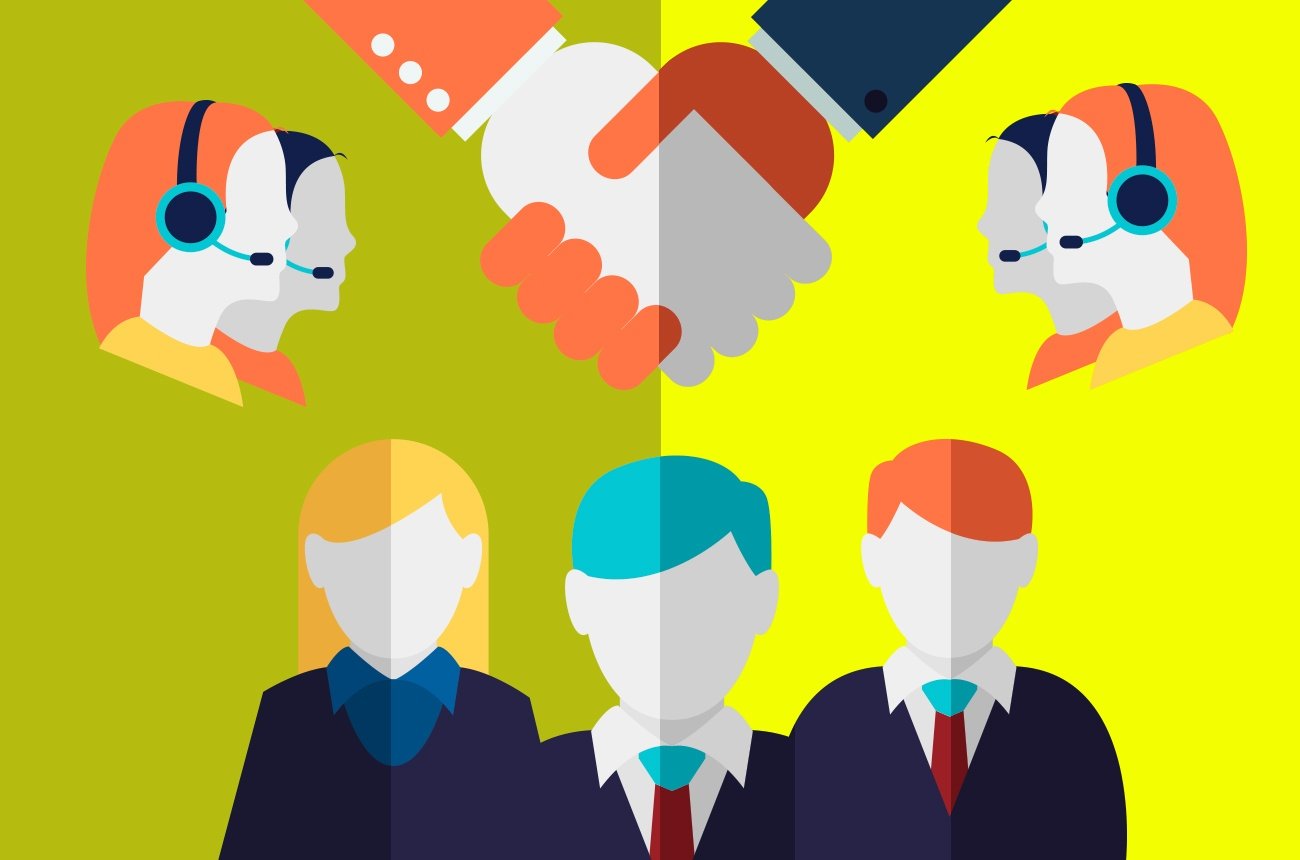Age Of The Customer: What Does It Mean For You And Your Customers?
What is The Age of the Customer? According to Forrester Research, this term describes the latest in a series of changes in how we do business. The Age of Manufacturing (1900 to 1960) supported companies such as Boeing and Ford. The Information Age (1990 to 2010) advantaged those who controlled the flow of information, such as Google and Comcast.
In 2010 or so, we entered the Age of the Customer. The widespread use of mobile devices, all connected to each other by the internet and social media, give today’s customers unprecedented power. Most of us research a product before we buy it. We read articles explaining how it is produced. We read reviews written by other consumers. We search for the best quality, service, and price.
Before this explosion of connectivity, the seller controlled most of the product information. If you wanted to know what previous buyers thought you’d have to track them down and ask them – over the phone or even by letter! It would take weeks and would cost you a lot of effort.

Nowadays ten minutes on the Internet will tell you everything you need to know to make an informed decision on the best product for you. The seller can like it or lump it. Knowledge is power and in the Age of the Customer, the customer has most of the power.
What does this mean for you as a business?
The Advantages of the Age of the Customer
The pervasive presence of the Internet means that everyone has more or less equal access to consumers. Large corporations used to pay millions of dollars to produce ad campaigns and buy airtime to market their products. Now a small craft brewery can compete with Budweiser.
Social media chatter quickly brings problems to light, but also allows quality to rise to the top.
If your product and service are good, customers will talk and provide excellent marketing through word of mouth. It no longer takes a huge marketing budget to get the word out about your business.
The Disadvantages
There is nowhere to hide. ‘Mostly good enough’ doesn’t cut it anymore. Every mistake and misjudgment is exposed in the glaring light of social media. If your product doesn’t deliver what you promised, thousands of people can read about it in a matter of minutes.
The Age of the Customer means that customer expectations are sky-high and increasing all the time. The competition is just a click away and they won’t hesitate to switch if they think the grass is greener over there.
Customers want personalized service. In the cloud of proliferating 1’s and 0’s they don’t want to be treated like a number, but an individual human being. According to Salesforce’s State of the Connected Customer report, 72% of customers and 89% of business buyers want companies to understand their unique needs and expectations; 66% will go to a competitor if they don’t get the tailored service they feel they deserve.
How to Survive and Thrive in the Age of the Customer
The computing power that allows today’s customers to control the market can also help businesses reach new heights of customer service. Consumers are becoming more willing to share their data if it means better service. Since they expect companies to know their needs without being told, a complete customer database is needed. With the right software, your staff can have a complete, omnichannel, mobile-friendly customer record.
Omnichannel service is a high priority. Customers are accustomed to a world where they can start watching a YouTube video on their laptop, stop in the middle, switch to their phone, and pick up where they left off. They expect the same from you.
Customers will contact you through a variety of channels – telephone, social media, live chat, email – and feel frustrated and annoyed if they have to repeat themselves or wait too long for your reply.
Related: 5 must-haves for growing companies looking to create omnichannel support
To increase the challenge, customers expect to get their questions answered at any time of the day, night, or weekend. Luckily many of their information needs can be answered by a good FAQ and knowledge database on your website. It’s also a good idea to promote community among your customers with forums and social media pages. They can help each other with issues and interacting on the forum strengthens their identification with your brand.
Since customers are so well-informed, sales and customer service staff will have to know your products inside and out. When someone calls for help they’ve probably already read your FAQ. They expect more from your representatives.
Your staff needs to be well-trained, and have a solid internal knowledge base to fall back on. All departments need to work together in a customer-focused way.
If your customer service rep needs to transfer a call to tech support, the transition should be seamless.
Don’t make the customer go over the problem again.
In some ways, business has always been about building relationships. The Age of the Customer hasn’t changed that. When surveyed, 79% of business buyers said that it was “absolutely critical or very important to have a sales rep that serves as a trusted advisor.” It’s not about making a quick sale. Act in ways that promote customer loyalty by anticipating their needs and meeting them.
The rise of big data analytics makes it easier to market to customers. Instead of blasting the same ad out to everyone and hoping for the best, businesses can design marketing campaigns for each customer segment, or even individual customers. You can create personalized offers, and study buying trends to determine what, where, when, why, and how your customers will make their purchases.
The Age of the Customer is a great market disruptor, but companies that are agile and alert will adapt to the changes and come out better than before. If you have a vision for the future that uses technology-powered innovation to deliver old-fashioned personal service, your company will flourish in the years to come.





